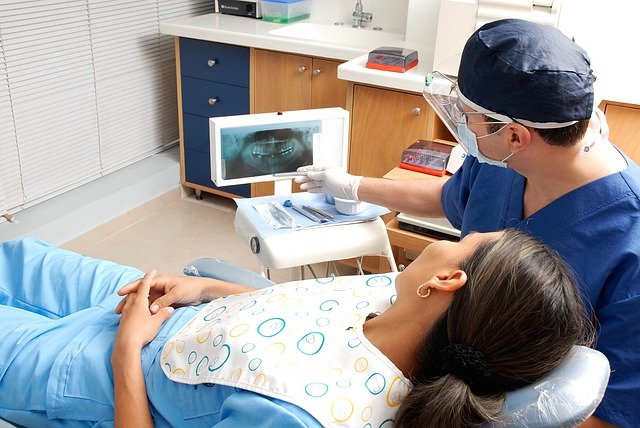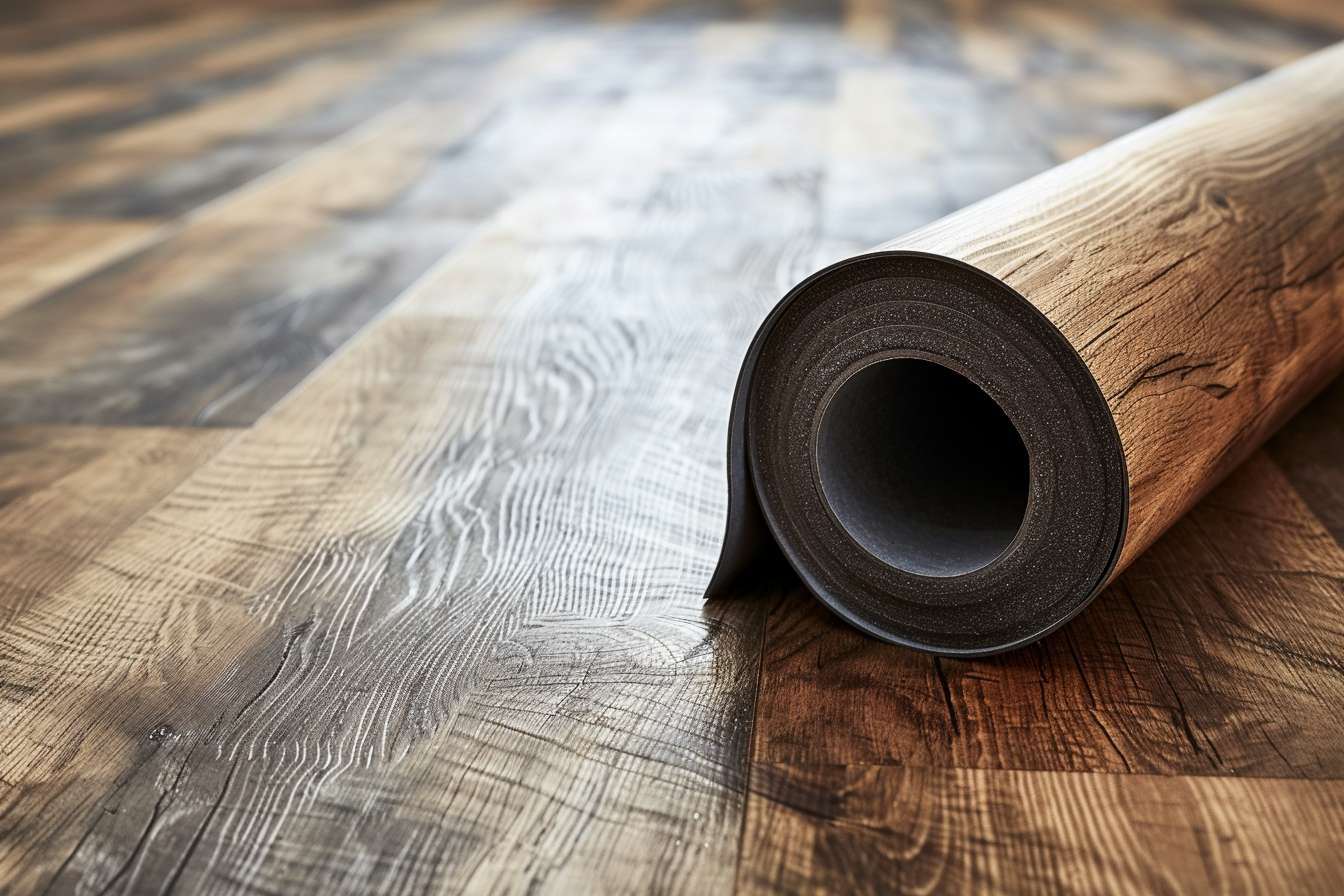Hair Schools: What to Expect as a Student
Hair schools provide specialized education in cosmetology, offering courses in cutting, coloring, styling, and hair care techniques. Students gain both hands-on experience and theoretical knowledge, preparing them for careers in salons, fashion, and the broader beauty industry.
What is the daily routine at hair schools for students?
The daily routine at hair schools typically involves a combination of classroom instruction and practical training. Students often begin their day with theoretical classes, covering topics such as hair anatomy, color theory, and sanitation practices. These lectures provide the foundational knowledge necessary for successful hair styling careers.
Following classroom sessions, students transition to hands-on training in salon-style environments. Here, they practice various hair cutting, coloring, and styling techniques on mannequins or live models under the supervision of experienced instructors. This practical component allows students to apply their theoretical knowledge and develop essential skills.
Throughout the day, students may also engage in practice sessions, where they work on perfecting specific techniques or preparing for upcoming practical exams. Many hair schools incorporate business management and client communication classes into the curriculum, ensuring students are well-rounded professionals upon graduation.
How long does a typical hair school program last?
The duration of hair school programs can vary depending on the specific curriculum and state licensing requirements. On average, full-time cosmetology programs, which include hair styling as a major component, typically take 9 to 15 months to complete. Part-time programs may extend this timeline to 18-24 months.
Some hair schools offer specialized programs focusing solely on hair styling, which may have shorter durations. These programs can range from 6 to 12 months, depending on the depth of training and state regulations. It’s important for prospective students to research the specific requirements in their state and choose a program that aligns with their career goals and time constraints.
What skills do students learn in hair schools?
Hair schools provide comprehensive training in a wide range of skills essential for success in the beauty industry. Students learn fundamental techniques such as hair cutting, coloring, and styling for various hair types and textures. Advanced skills like chemical treatments, extensions, and specialized coloring techniques are also typically covered.
In addition to technical skills, hair schools emphasize the importance of client consultation and communication. Students learn how to assess clients’ needs, recommend suitable styles, and explain procedures effectively. Safety and sanitation practices are heavily emphasized throughout the program to ensure compliance with health regulations.
Many hair schools also incorporate business management skills into their curriculum. This includes topics such as salon operations, customer service, marketing, and financial management. These skills are crucial for students who aspire to open their own salons or work as independent stylists in the future.
What is the hair school experience like for students?
The hair school experience is often described as immersive and hands-on. Students are encouraged to embrace creativity while developing technical proficiency. Many students find the environment to be collaborative, with opportunities to learn from both instructors and peers.
Hair schools typically simulate real salon environments, allowing students to practice in settings similar to those they’ll encounter in their future careers. This includes working with professional-grade equipment and products, managing appointment schedules, and interacting with clients during practical training sessions.
Students often form close bonds with their classmates, creating a supportive community that extends beyond graduation. Many hair schools organize events such as hair shows or competitions, providing students with opportunities to showcase their skills and network within the industry.
What are the career prospects for hair school graduates?
Hair school graduates have diverse career opportunities within the beauty industry. Many choose to work as hair stylists in salons or spas, while others pursue careers in specialized areas such as color correction or bridal styling. Some graduates find opportunities in the entertainment industry, working on film sets or with fashion designers.
| Career Path | Average Annual Salary (USD) | Job Outlook (2020-2030) |
|---|---|---|
| Hairdressers, Hairstylists, and Cosmetologists | $27,630 | 19% growth (much faster than average) |
| Barbers | $32,470 | 18% growth (much faster than average) |
| Makeup Artists, Theatrical and Performance | $106,920 | 37% growth (much faster than average) |
Prices, rates, or cost estimates mentioned in this article are based on the latest available information but may change over time. Independent research is advised before making financial decisions.
Entrepreneurial-minded graduates may choose to open their own salons or work as independent stylists. The flexibility of the profession allows for various work arrangements, including part-time and freelance opportunities. Additionally, experienced hair stylists can advance to roles such as salon managers, educators, or brand representatives for hair care companies.
The hair styling industry continues to evolve with new trends and technologies, offering ongoing learning opportunities for professionals. Graduates who stay current with industry developments and continue to refine their skills can enjoy long and rewarding careers in this dynamic field.





